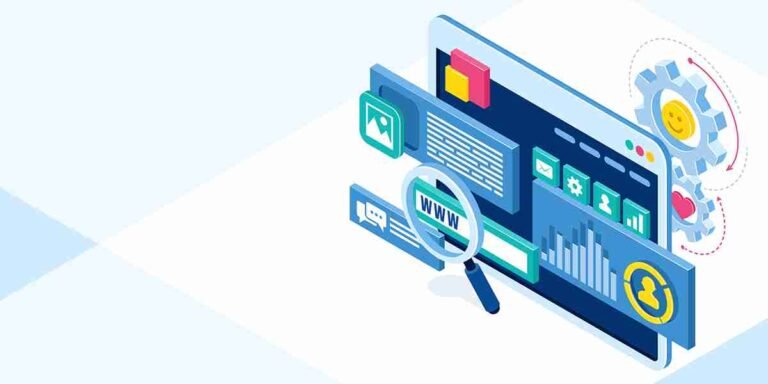Using PHP to Build Secure and Scalable Web Applications

Building secure and scalable web applications is essential in today’s digital landscape, where user data protection and high performance are critical. PHP, a versatile and robust server-side scripting language, provides a wide array of tools and best practices to create applications that are both secure and capable of handling growth. This guide explores how PHP can be leveraged to develop secure and scalable web applications.
PHP remains a top choice for developers due to its flexibility, extensive community support, and capabilities to handle both security and scalability effectively. Here’s a detailed look at how to use PHP to build secure and scalable web applications:
1. Security Best Practices in PHP
- Input Validation:
Use built-in PHP functions likefilter_var()to validate and sanitize user input. - Prevent SQL Injection:
Use prepared statements with PDO or MySQLi to prevent SQL injection attacks. - Cross-Site Scripting (XSS) Protection:
Sanitize output usinghtmlspecialchars()to prevent malicious scripts. - Cross-Site Request Forgery (CSRF) Protection:
Use CSRF tokens to validate form submissions. - Encryption and Hashing:
Use libraries like OpenSSL for encryption andpassword_hash()for secure password storage. - Secure Session Management:
Configure session cookies with secure flags and regenerate session IDs frequently. - Error Reporting:
Disable error display in production environments to prevent exposing sensitive information.
2. Scalability Strategies in PHP
- Optimize Database Queries:
- Normalize database schemas and use indexing for efficient data retrieval.
- Implement database replication and sharding for better scalability.
- Use Caching:
- Implement object and data caching with tools like Memcached or Redis.
- Use HTTP caching for static assets.
- Leverage Load Balancers:
Distribute traffic across multiple servers using load balancers. - Asynchronous Processing:
Use message queues like RabbitMQ or AWS SQS to handle background tasks asynchronously. - Employ PHP Frameworks:
Use frameworks like Laravel or Symfony for features that support scalability, such as efficient routing and queue management. - Adopt Microservices Architecture:
Break the application into smaller, independent services for better scalability and maintainability. - Cloud Hosting Solutions:
Use cloud platforms like AWS or Azure to enable dynamic scaling based on traffic.
3. Secure and Scalable PHP Development Workflow
- Version Control:
Use Git for version control and ensure code reviews to maintain quality. - Continuous Integration/Continuous Deployment (CI/CD):
Automate testing and deployment pipelines for consistent application updates. - Performance Monitoring:
Use tools like New Relic or Blackfire to identify bottlenecks and optimize performance. - Regular Updates:
Keep the PHP version and libraries up-to-date for improved security and performance.
4. Case Studies and Real-World Applications
- E-commerce Platforms: PHP frameworks like Laravel power secure and scalable online stores.
- Enterprise Applications: Companies use PHP to build large-scale, secure applications for internal and external use.
By adhering to best practices in security and scalability, PHP developers can build web applications that not only meet today’s demands but are also future-proof and robust against threats














